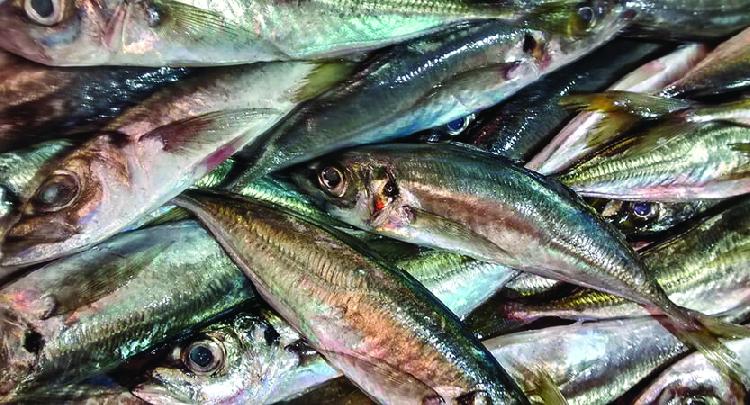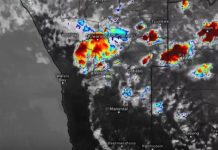Africa-Press – Namibia. MINISTER of fisheries and marine resources Derek Klazen says the government decided to sell horse mackerel quotas directly to the Democratic Republic of Congo (DRC) after their minister of economics complained about the price of the source.
Klazen in the National Assembly confirmed that the Ministry of Fisheries and Marine Resources sold
27 300 tonnes of horse mackerel quotas to the DRC at a price of N$84 million.
The quotas sold to the DRC were part of the 87 000 tonne quota allocated for governmental objectives. Klazen said the DRC’s minister of economics, Jean-Marie Kalumba Yuma, visited Namibia in June and this month.
During his visit, Klazen said, Yuma expressed his country’s willingness to participate in Namibia’s fishing activities. He said Yuma was also critical of the high cost of “horse mackerel to the DRC – a cost escalation believed to be caused by the prevalence of agents and middlemen within the horse mackerel value chain”.
As a result, Klazen said his ministry thought it would be wise if they allowed the DRC government to participate in the ongoing horse mackerel auction process.
He said Yuma was therefore advised to purchase the quota on open auction, which explains his presence in Namibia this month. The total allowable catch for horse mackerel for this season was set at 330 000 tonnes.
Over 200 000 was allocated to local fishing industry players for commercial harvesting. Horse mackerel quotas were auctioned at a minimum price offer of N$3 000 per tonne for wet and freezer.
The minister said during the auctioning process, the government sold 55 200 tonnes to Namibian companies during the initial opening. The government was therefore left with 27 300 tonnes.
He said these quotas are residual, and the DRC government had great interest in buying the quotas. In total, Klazen said the government made N$397 million from the horse mackerel auction.
“It is common cause that after the payment is effected, this quota will still remain in the water until harvested. As such, the Congolese delegation is currently engaging in talks to find a local technical partner who could catch and deliver the fish,” Klazen said.
The government’s decision to offer the horse mackerel quota to the DRC has, however, been questioned by some players in the industry, saying there is not enough time for the DRC to catch the fish.
“The ministry did not make the quota available when there was enough time. In the future, the ministry should consider announcing the auction in November so that the industry can plan accordingly. The Namibian industry has the capacity to catch the 350 000 tonnes total allowable catch the whole year, not in half of the year,” says a fishing industry source.
The fishing season for horse mackerel ends in December. For the DRC to catch this fish before the end of the year they would need to catch around 9 000 tonnes per month, and would need at least four vessels.
The source says there was no need to involve foreign nationals if quotas are allocated on time. This year the industry came to a standstill from January to June as quotas were only allocated in July.
In August 2020, the government attempted to auction 72 000 tonnes of horse mackerel, which ended up not being bought. At the time minister of finance Iipumbu Shiimi attributed the poor sale to the high number of speculators submitting bids.






